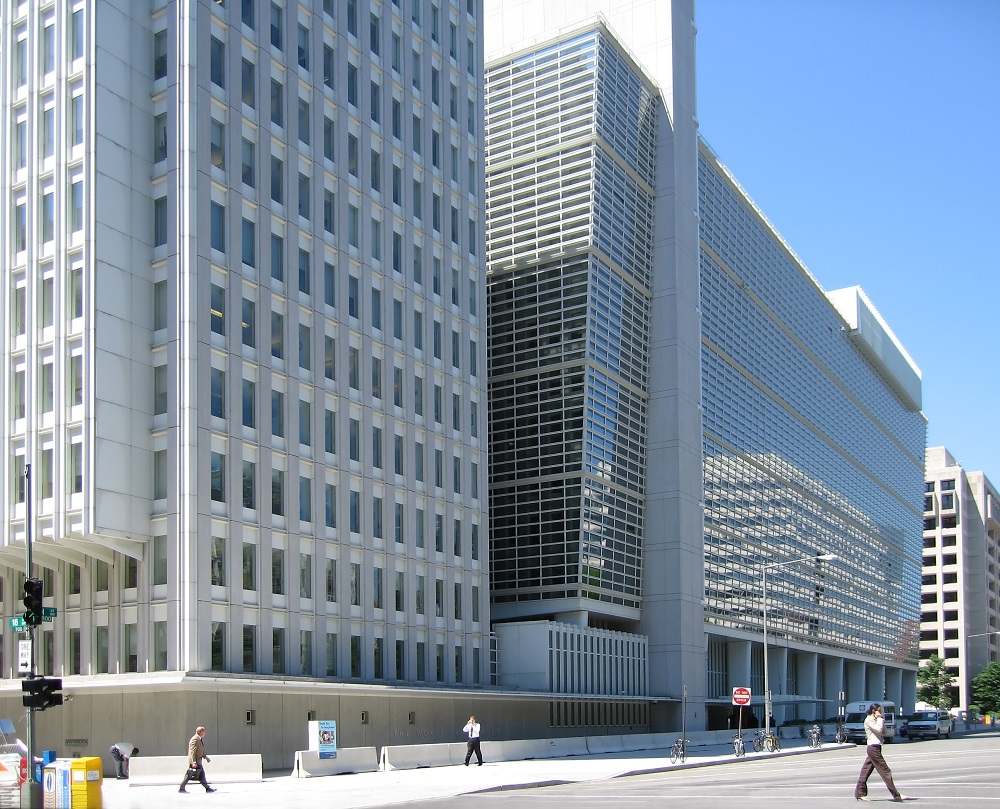

An agreement in principle has been reached for the financial management of the proposed 1063-megawatt Upper Arun Semi-Reservoir Hydropower project in Sankhuwasabha district.
According to the Ministry of Finance, such development took place during talks between Finance Minister Barshaman Pun and the World Bank’s high-level leadership in Washington DC. Presently, the Finance Minister is in the United States of America to attend a joint session of the World Bank and the International Monetary Fund (IMF).
During a meeting held between the Finance Minister and WB’s Vice President Martin Raiser (for South Asia), the two discussed the WB-funded projects in Nepal and the proposed Upper Arun. The meeting focused on accelerating other WB-assisted projects in Nepal.
The two also exchanged views on increasing the facilities from the International Development Association (IDA) under the World Bank Group meant for Nepal and the diversification of projects.
According to joint-secretary at Ministry of Finance Shree Krishna Nepal, one of the members of the visiting delegation, the World Bank will take the lead in the financial management of the Upper Arun project based on the agreement in principle.
The agreement will be formalized once the Government of Nepal endorses it
It has been prepared to secure a 70 percent loan investment for the project for the WB’s co-financing while the remaining 30 will be managed from the equity funds. The total cost of the project is yet to be determined.
Regarding preparatory works for the project, there has been some progress in the construction of a two-kilometer tunnel way and the 21-kilometer approach road.
The Ministry stated that the land acquisition and compensation distribution process for affected parties are nearing completion.
Meanwhile, the Finance Minister and US International Development Finance Corporation (DFC) Chief Executive Officer, Scott Nathan, held a meeting on Friday. On the occasion, the Minister said the Nepal Government is committed to creating an atmosphere capable of promoting foreign investment at home.
He talked about the government’s policy of recognizing and treating the private sector as a development partner and pledged to remove legal, procedural, and administrative hurdles to facilitate investment. He appealed to the US investors to explore opportunities in Nepal.
The DFC partnership with Nepal amounts to 2.27 million US dollars, including the loan for the private sector and equity.